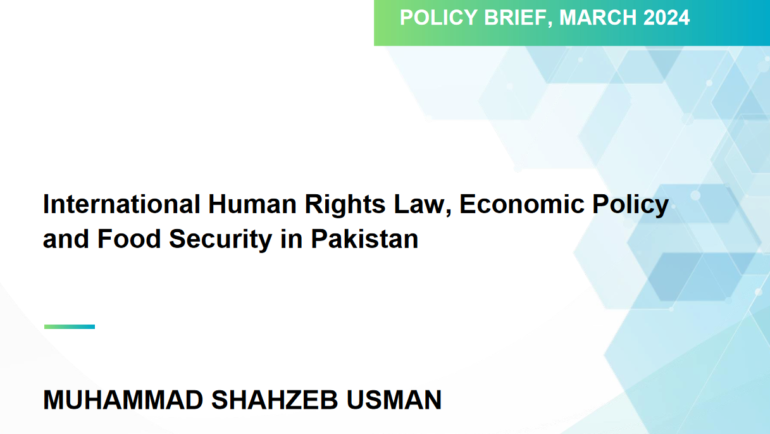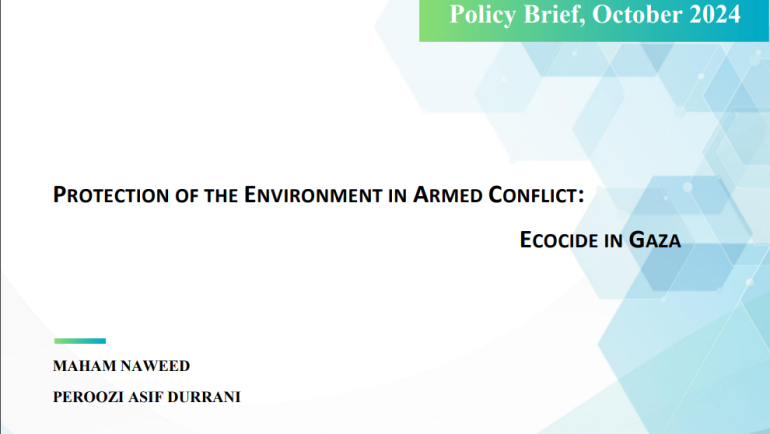Policy Brief 18/04/2025
India is pushing for modification of the Indus Waters Treaty (“IWT”), a long-standing water-sharing instrument between India and Pakistan. However, its arguments—based on population growth and climate change—fail to meet the legal criteria under international law for invoking the doctrine of rebus sic stantibus (fundamental change of circumstances). These factors were foreseeable and do not radically alter the treaty’s obligations. Such issues can be addressed within the treaty’s existing framework. Article 62 of the Vienna Convention on the Law of Treaties (“VCLT”) and the Gabcikovo-Nagymaros case establish strict conditions for invoking rebus sic stantibus, which India’s claims do not meet. Rather than altering the IWT, its existing mechanisms—particularly the Permanent Indus Commission (“PIC”)—is equipped to deal with such issues. At the same time, Pakistan must enhance its technical and scientific capabilities for water management while implementing a strategic communication plan to counter misinformation and reaffirm its commitment to the IWT and international treaty law.


